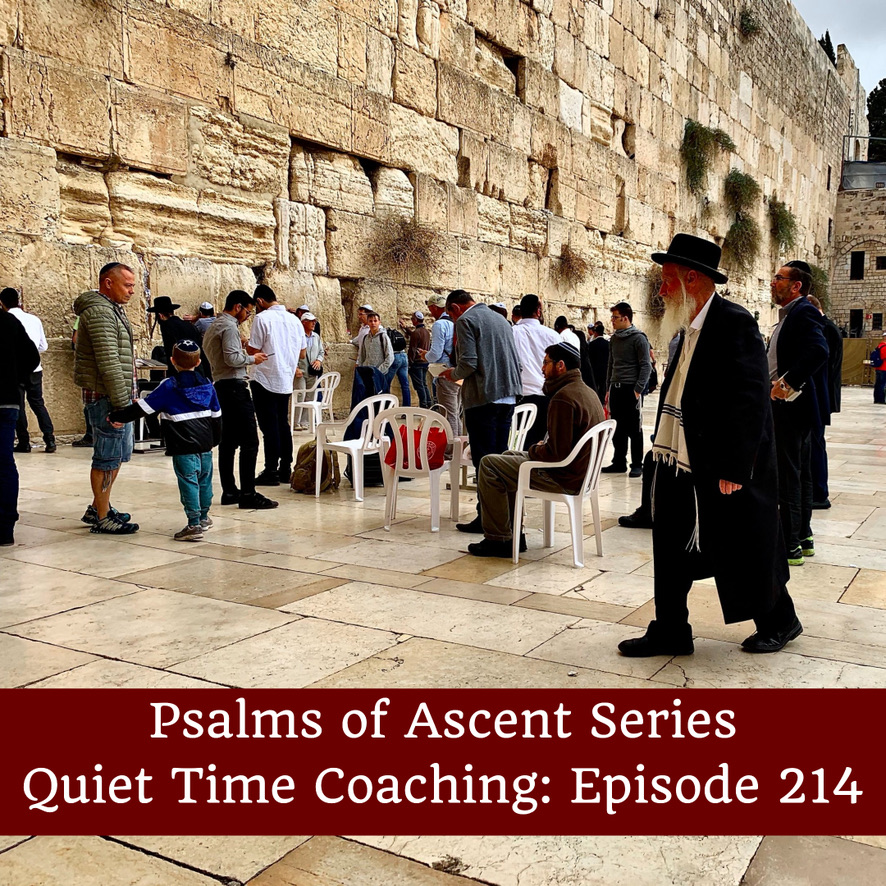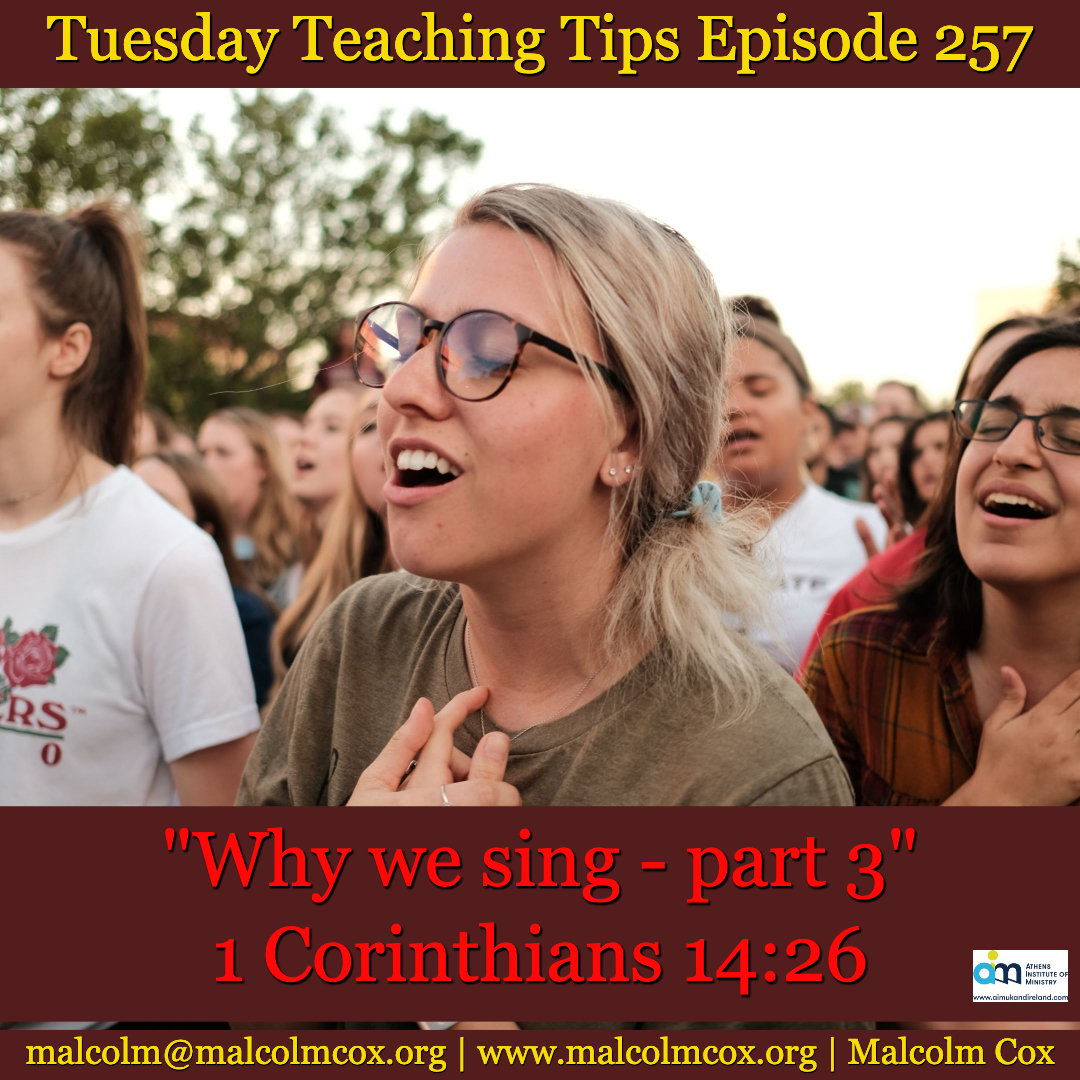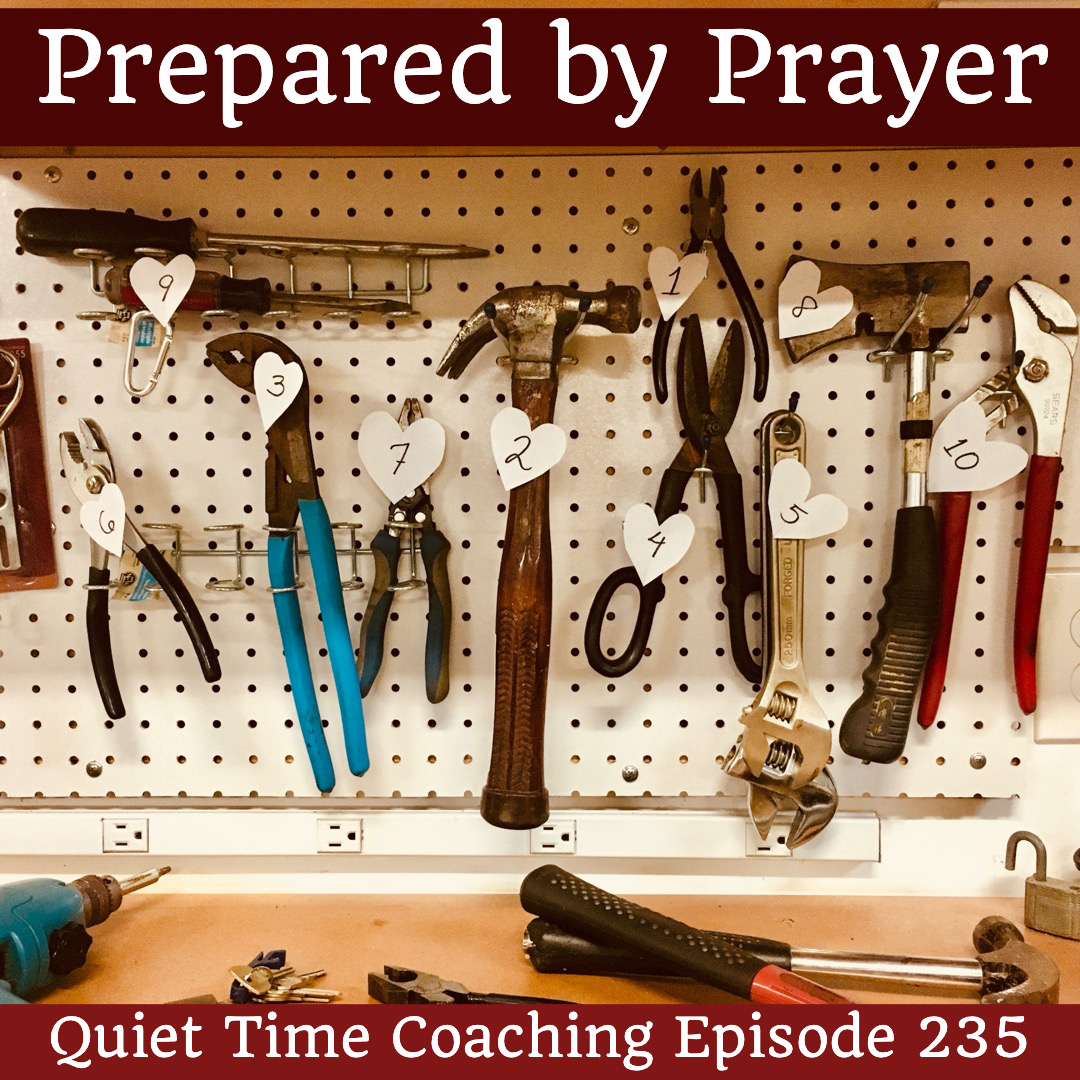You have found a daily podcast based on the Psalms of Ascent (Psalms 120-134).
They are designed to help our hearts and minds being a healthy place while the Covid 19 virus does its worst.
“Since, then, you have been raised with Christ, set your hearts on things above, where Christ is, seated at the right hand of God. Set your minds on things above, not on earthly things. For you died, and your life is now hidden with Christ in God. When Christ, who is your life, appears, then you also will appear with him in glory.” (Colossians 3:1–4 NIV11)
Each day we will meditate on a verse or two from these wonderful Psalms as we make our pilgrimage from confusion to hope, pain to peace, anxiety to joy.
“First of all, it must be recognized that the ark of the covenant was considered the footstool of God’s invisible throne (see comment on Ex 25:10–22).
Second, the footstool must be understood to be an integral part of the throne, representing the closest accessibility to the king.
Third, the imagery of the footstool has significance because it is used to express the king’s subordination of his foes (see comment on Ps 110:1).
Finally, worshiping at the footstool is another way of expressing the reverence that is shown by prostrating oneself at the feet of God or king. On the black stela of Shalmaneser III the Israelite king Jehu is portrayed kissing the ground before the Assyrian king. In Enuma Elish the tribunal of gods kisses the feet of Marduk after he has put down the rebellion and established himself as head of the pantheon. This was the common act of submission offered to kings and gods. Taking hold of the feet was a gesture of self-abasement and entreaty. This gesture occurs in a wide range of Akkadian literature as fugitives or supplicants take hold of the king’s feet to demonstrate their submission or surrender and make their petitions.” Walton, John H., Victor H. Matthews, and Mark W. Chavalas. The IVP Bible Background Commentary: Old Testament. Accordance electronic edition, version 1.1. Downers Grove: InterVarsity Press, 2000.
Please add your comments on this week’s topic. We learn best when we learn in community.
Do you have a question about teaching the Bible? Is it theological, technical, practical? Send me your questions or suggestions. Here’s the email: malcolm@malcolmcox.org.
If you’d like a copy of my free eBook on spiritual disciplines, “How God grows His people”, sign up at my website: http://www.malcolmcox.org.
Please pass the link on, subscribe, leave a review.
“Worship the LORD with gladness; come before him with joyful songs.” (Psalms 100:2 NIV11)
God bless, Malcolm
PS: You might also be interested in my book: “An elephant’s swimming pool”, a devotional look at the Gospel of John



